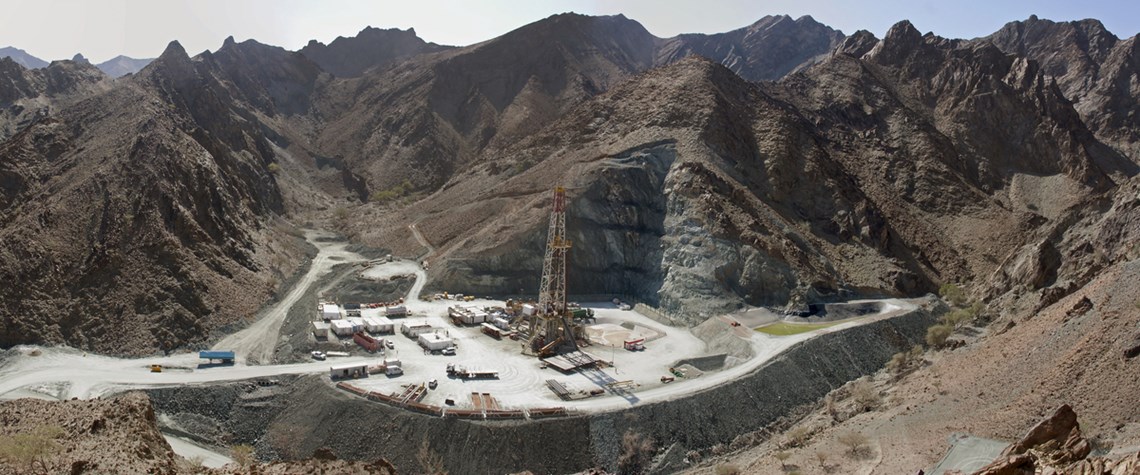Muscat's oil plans in disarray
The sultanate’s upstream development projects have taken short and longer-term hits
The Omani government is not having a good year oil-wise. The new Opec+ agreement to cut 9.7mn bl/d of production from 1 May requires the adherents, including Muscat, to reduce output by nearly a quarter. The heavily oil revenue-dependent sultanate’s original 2020 budget was based on an average price of $58/bl and more than 900,000bl/d production—which, even then, would have entailed a $6.5bn deficit. With average prices in April being less than half of the government’s assumptions, the new requirement to also slash sales volumes rubs salt in a painful fiscal wound. The impact of both will mean deep spending cuts. And the twin tracks of the country’s upstream policy—to stanch declines at agei

Also in this section
24 April 2024
But even planned exploration activity is unlikely to reverse declining output from mature fields
23 April 2024
Cheaper Russian barrels and lower overall crude prices have helped cut key oil consumer’s import bills in election year
22 April 2024
Pursuing three different goals as part of the same package may mean achieving none of them
22 April 2024
Beijing’s renewed targeting of NOC management could threaten investment







